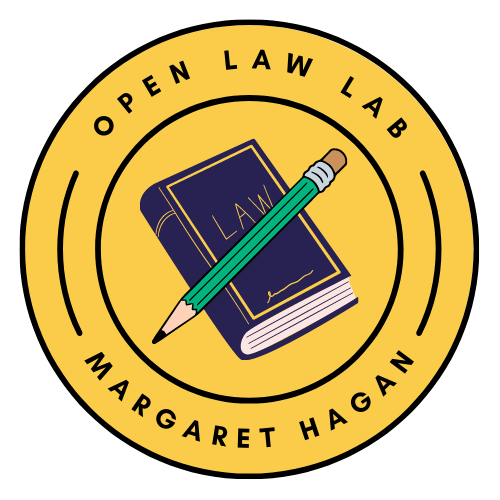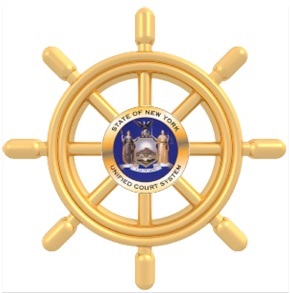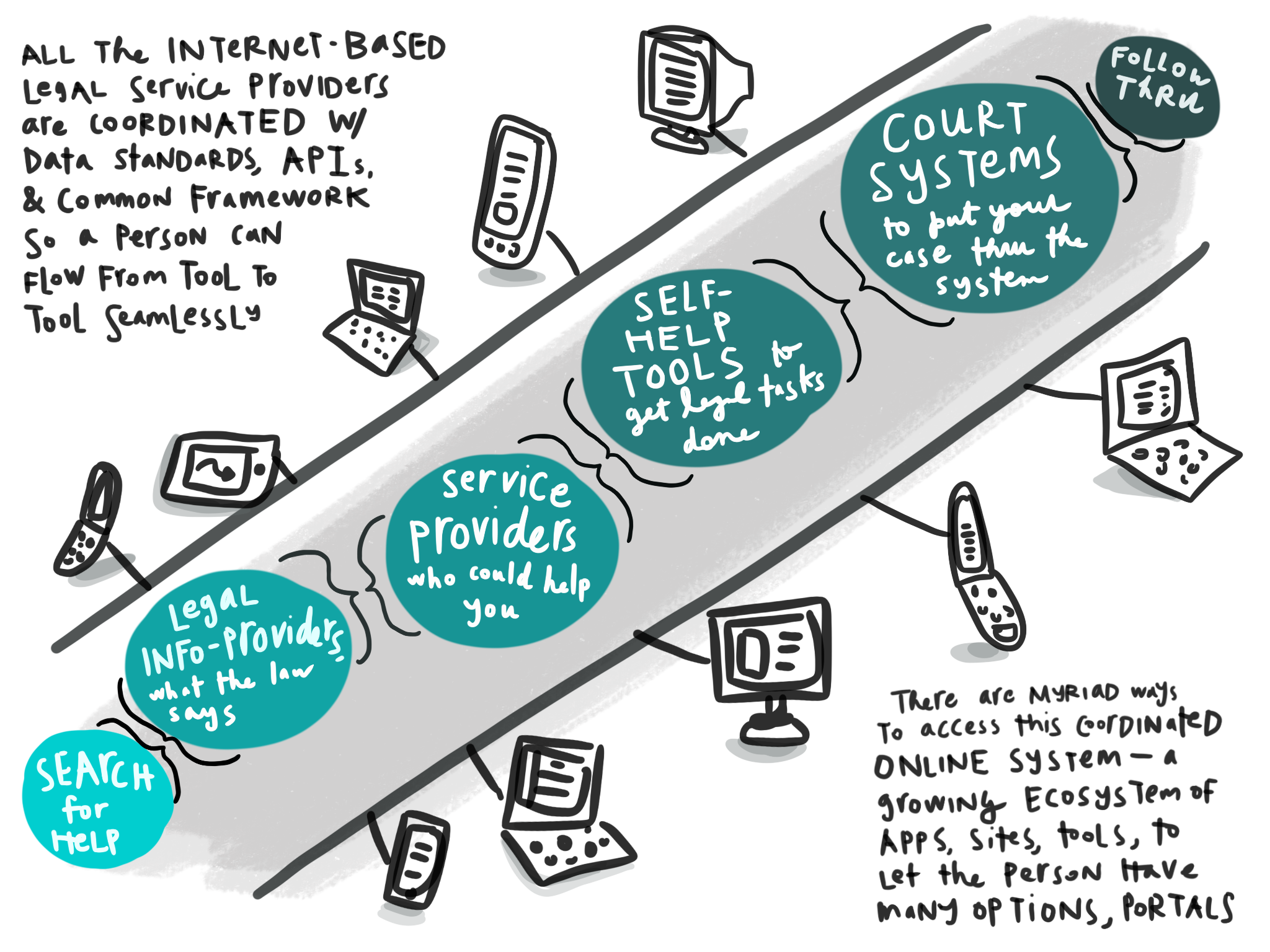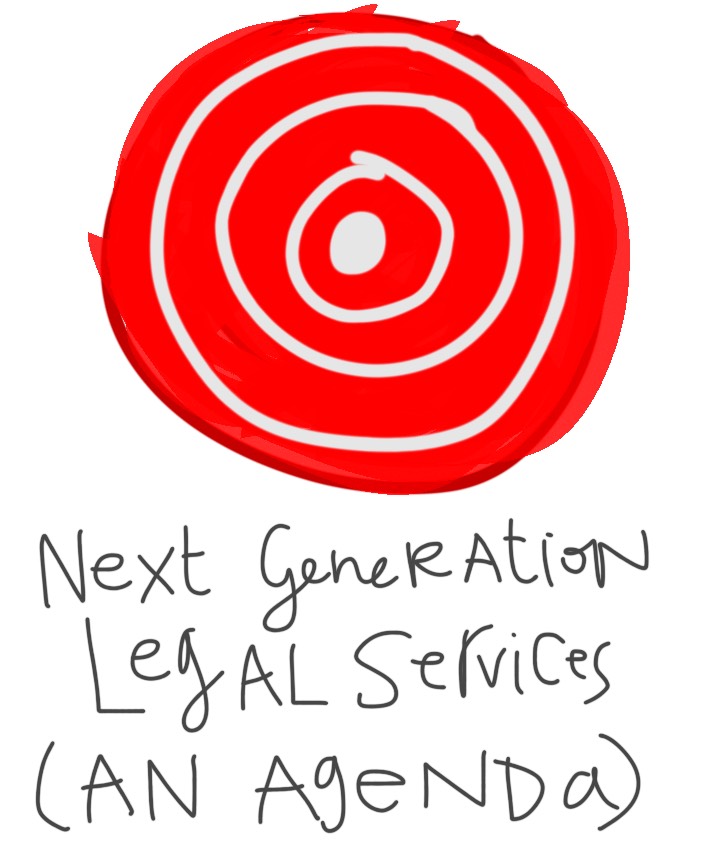via NYC Housing Court – Resolution Assistance Program (RAP).
New York just began a pilot program of Court Navigators for Housing Courts in some jurisdictions. Non-lawyers would help self-represented litigants navigate the court system.
The Court Navigator Program was launched in February 2014 to support and assist unrepresented litigants – people who do not have an attorney – during their court appearances in landlord-tenant and consumer debt cases. Specially trained and supervised non-lawyers, called Court Navigators, provide general information, written materials, and one-on-one assistance to eligible unrepresented litigants. In addition, Court Navigators provide moral support to litigants, help them access and complete court forms, assist them with keeping paperwork in order, in accessing interpreters and other services, explain what to expect and what the roles of each person is in the courtroom. Court Navigators are also permitted to accompany unrepresented litigants into the courtroom in Kings County Housing Court and Bronx Civil Court. While these Court Navigators cannot address the court on their own, they are able to respond to factual questions asked by the judge.
In addition to this court-based program, the courts will also be utilizing non-lawyers to provide legal information and access to homebound individuals.
The Navigators would perform the following functions in certian proceedings:
The Court Navigator Program trains college students, law students and other persons deemed appropriate by the Program to assist unrepresented litigants, who are appearing in Nonpayment proceedings in the Resolution Part of Housing Court or the Consumer Debt Part of the Civil Court.
Nonpayment proceedings are cases where landlords sue tenants to collect rent. In these disputes, tenants and owners/landlords face the possibility of losing their homes through eviction or foreclosure. Consumer debt proceedings involve credit card companies, hospitals, banks or any other person or company that a litigant may owe money to. Despite the high stakes, most litigants appear in court without an attorney to advocate on their behalf.
In Kings County Housing Court, the Program operates in partnership with the non profit organizations University Settlement, and Housing Court Answers.
The goal of the Court Navigator Program is to help litigants who do not have an attorney have a productive court experience through offering non-legal support. Participating volunteers work in the courtroom under the supervision of a Court Navigator Program Coordinator. They have the opportunity to interact with judges, lawyers and litigants, and to gain real-world experience. Whatever a student’s goal is in volunteering — helping people in need, making new contacts, learning more about assisting a person in court or developing professional skills — the Court Navigator Program sets the stage!
For more information contact: courtnavigator@nycourts.gov
Court Navigators:
- Help in using computers located in the courthouse to obtain information and fill out court forms using the Do It Yourself (DIY) computer programs.
- Help find information about the law and how to find a lawyer on a website called Law Help
- Help persons find resources in the courthouse and outside the court to assist in resolving their cases.
- Help persons collect and organize documents needed for their cases.
- Accompany persons during hallway negotiations with opposing attorneys.
- Accompany persons in conferences with the judge or the judge’s court attorney.
- Respond to a judge’s or court attorney’s questions asking for factual information on the case.
Court Navigators do not give legal advice or get involved in negotiations or settlement conferences. Generally, court navigators also do not give out legal information except with the approval of the Chief Administrative Judge of the Courts.
A two and half hour seminar and a training manual will provide information on what a navigator can do to help.
Training topics include:
- Civil and Housing Court Overview
- Basics of Consumer Debt Cases and Nonpayment Proceedings
- Interviewing and Communication Skills
- Using the DIY Computers and Law Help
Prospective volunteers are trained at their school or at one of the Civil Court of the City of New York courthouses.



